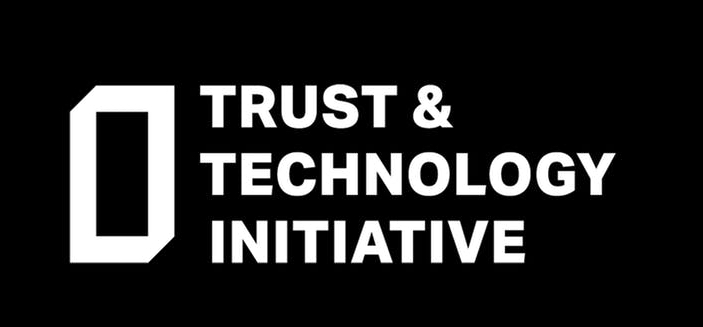Lex Ex Machina: from rule of Law to legal singularity
Advances in Artificial Intelligence (AI), Machine Learning (ML) and data science are rekindling interest in applying computation to more aspects of legal process and decision-making. This is particularly evident through the development of various AI-leveraging LegalTech applications to assist with legal practice and business, law enforcement, and the prediction of case outcomes, among other things. The use of algorithmic decision-making (ADM) systems to replicate, and in some cases: replace, human judges and other decision-makers has, however, preoccupied the attention of the public, media, and scholars. Powles and Nissenbaum suggest that the ‘seductive diversion’ of solving the ‘bias problem’ makes the totalisation of AI in society contingent on solving narrow computational puzzles and ‘ethics washing’ away hard questions, bad business practices and worse ideas. Not more fundamental questions about the compatibility of autonomous systems with the rule of law, deliberative democracy, and ultimately: should we be building them at all?
While technical concerns about bias and transparency are clearly important, they should not detract from the fact that ‘legal authority’ is increasingly expressed and enforced algorithmically. As technology continues to replicate and replace more aspects of legal process and decision-making, the question becomes: is law computable? As a social system, legal norms, concepts, categories and reasoning are socially constructed. Can these be sufficiently captured by computation? If so, to what extent? What are the path-dependent and lock-in effects? But law also has an anthropological role, one aspect of which is safeguarding against the potentially harmful and de-humanising effects of science and technology on the individual and society. To what extent can ‘legal authority’ or the ‘rule of law’ remain legitimate in the algorithmic language of 1’s and 0’s rather than through juridical reasoning expressed through natural language?
These questions become all the more acute in light of predictions of a forthcoming ‘legal singularity’—a hypothetical point where the functional capabilities of AI vastly exceed those of human judges and lawyers. In this world of a 'legal singularity' the law is said to exist in a perpetual state of equilibrium between facts and norms. However, the legal singularity is also a proposal for eliminating juridical reasoning as the basis for dispute resolution and the allocation of rights, responsibilities and power. Will this world of a legal singularity be one that even needs lawyers, judges, and indeed, the legal system as we currently understand it?
In December 2019 I hosted a conference at Jesus College entitled Lex Ex Machina that brought together legal academics with researchers in STEM, the social sciences, policy makers, LegalTech developers and civil society organisations to explore these questions and what computable law means for the autonomy, authority, and legitimacy of the legal system as a social institution. Moving beyond narrow technical questions about bias and explainability, this workshop featured contributions from leading interdisciplinary researchers that bridges technical and legal expertise, to examine questions at the intersection of law and computation.

